Training on implementing education management according to 2-level local government
On the morning of August 5, the Ministry of Education and Training held a conference to deploy decentralization of state management of education when implementing two-level local government. Permanent Deputy Minister Pham Ngoc Thuong chaired the conference. The conference was held in both in-person and online formats with more than 50,000 attendees.
At the conference, representatives of the General Education Department, the Legal Department, the Department of Teachers and Educational Managers, the Department of Preschool Education, the Department of Vocational Education and Continuing Education, and the Department of Financial Planning provided guidance on the implementation of state management of education according to the two-level local government in the areas under their management. At the same time, they made proposals, recommendations, and notes to help the Departments of Education and Training, the Department of Culture and Social Affairs under the People's Committees at the commune level effectively implement state management of education according to the two-level local government.
Localities shared the contents they had implemented, the results they had achieved, the difficulties they faced, their experiences, solutions, and made suggestions and recommendations. Issues of local concern at the conference were also informed, answered, and discussed by relevant departments and offices of the Ministry.
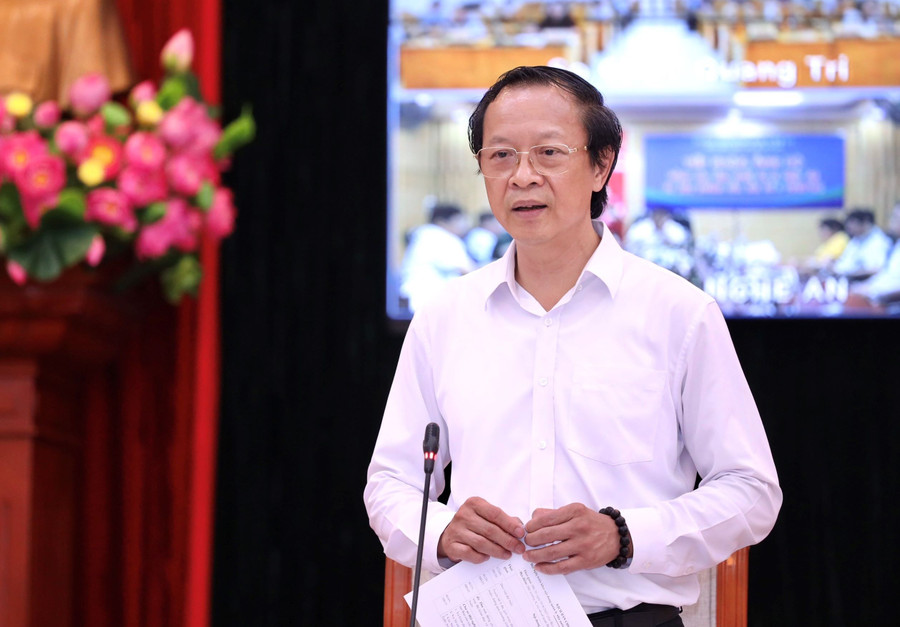
In his concluding remarks at the conference, Permanent Deputy Minister of Education and Training Pham Ngoc Thuong pointed out the "4 proactive actions" that have been done well in the past time, which are: proactively grasping the situation in a timely manner; proactively providing training and guidance; proactively removing difficulties; proactively implementing tasks according to assigned responsibilities and tasks.
In the coming time, the Deputy Minister emphasized the need to study the system of documents, especially the documents that the Ministry of Education and Training has digitized and sent to localities; then organize implementation, start working; summarize difficulties and problems, promptly report to competent authorities. Only by doing can we see all the difficulties and problems, and from there find solutions.
In organizing implementation, it is necessary to thoroughly grasp the spirit of "4 no's": no blank management content; no overlapping management content; unclear management content; unclear management method.
The Deputy Minister emphasized the “management method” and said that it is necessary to innovate management thinking, leadership and management methods; for example, by applying information technology and digitalization. In particular, commune-level leaders need to do a good job of planning and appointing principals and vice principals of units under their management; these must be people with capacity, responsibility and practical experience.
In his speech, the Deputy Minister also reiterated the spirit of “6 clear” that has been thoroughly grasped by Party and State leaders, namely: clear people, clear work, clear responsibility, clear authority, clear time and clear product. A number of issues that localities proposed and recommended at the conference were also discussed and answered by the Deputy Minister.
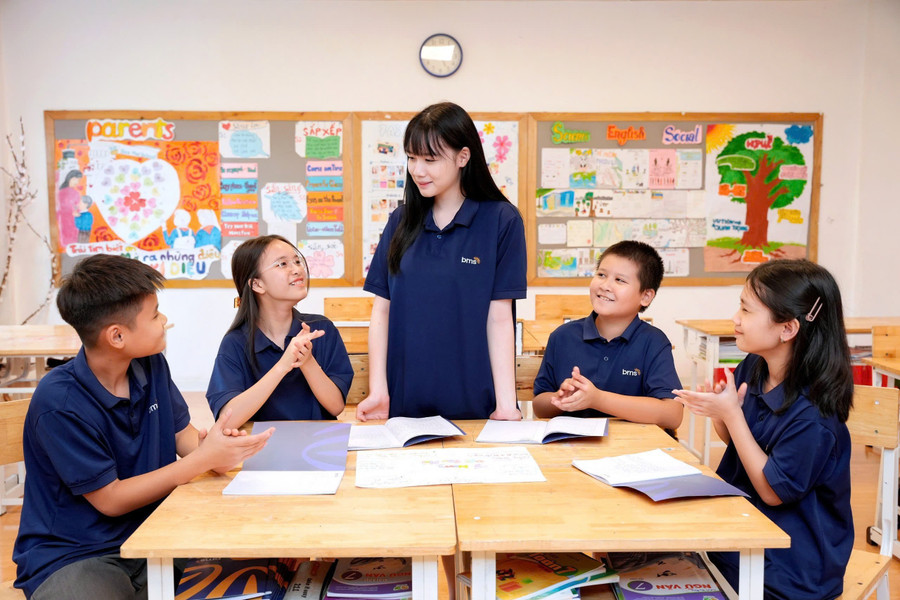
The Ministry of Education and Training guides teaching 2 sessions/day for general education:
On August 5, the Ministry of Education and Training issued Official Dispatch No. 4567/BGD&DT-GDPT on instructions for organizing 2 sessions/day of teaching for general education.
According to the guidance document, the Ministry of Education and Training requires that teaching 2 sessions/day must ensure the goal of effectively implementing the goals of the General Education Program, ensuring the duration of teaching subjects and organizing educational activities; not causing overload, suitable for students' psychology and health; ensuring the rights, meeting the needs and aspirations of students, suitable for the actual conditions of the school and locality;
At the same time, effectively implement the policy of socializing education to ensure the principles of voluntariness, publicity, transparency, non-coercion, and compliance with the law; effectively use facilities, teaching equipment and teaching staff, and promote the proactive and creative role of professional groups.
Teaching 2 sessions/day is clearly divided between session 1 and session 2 to ensure scientific, flexible and comprehensive development of students.
In which, session 1 is the time to implement the official General Education Program, including compulsory subjects and educational activities (for general education levels), elective subjects, selected subjects, advanced topics (for high school level) according to the regulations of the Ministry of Education and Training. This is compulsory teaching content to ensure the requirements of the General Education Program.
Session 2 is the time to organize supplementary educational activities, develop capacity, nurture excellent students, tutor students who have not met the requirements of the General Education Program, life skills education, financial education, art education, physical education, STEM/STEAM, career guidance, artificial intelligence, foreign languages... in the direction of comprehensive development suitable for students' psychology at each level of education.
The organization of sessions 1 and 2 can be flexible in terms of time, balanced in terms of duration (not fixed in the morning as session 1 and afternoon as session 2), suitable to the conditions of each school. Encourage educational institutions to diversify teaching methods and organize educational activities to improve the quality of comprehensive education for students.
To ensure the conditions for organizing and implementing 2-session teaching/day, the Department of Education and Training plays an important role in advising the People's Committees of provinces and centrally-run cities to coordinate teachers, invest in facilities, develop policies and mechanisms, and issue specific instructions.
The Department of Education and Training guides general education institutions in the area to develop a plan to organize 2 sessions/day of teaching in accordance with the practical situation, ensuring a clear implementation roadmap and clearly mobilized resources.
Along with that, clearly guide the content and teaching methods, clearly define the responsibilities of the subjects, clearly define the results and quality of education; closely coordinate with local authorities and social forces in the area during the implementation process to achieve the highest efficiency. The arrangement of teachers and facilities must be based on local realities and conditions, ensuring that it does not overload students, teachers and parents.
General education institutions are responsible for surveying students' learning needs in the second session before the start of the new school year to have a plan to organize educational content to meet students' learning needs and in accordance with school conditions; publicize the plan, content, and timetable for teaching 2 sessions/day to students, parents and on the school's information page...
Education sector launches competition for innovation and comprehensive digital transformation
On August 7, the Ministry of Education and Training held a conference to launch the emulation movement "The whole country competes in innovation and digital transformation" and "Digital education for all" in the education sector. The conference was connected from the main bridge at the Ministry of Education and Training to 600 bridges of the Departments of Education and Training; higher education institutions, vocational education, and general education nationwide.
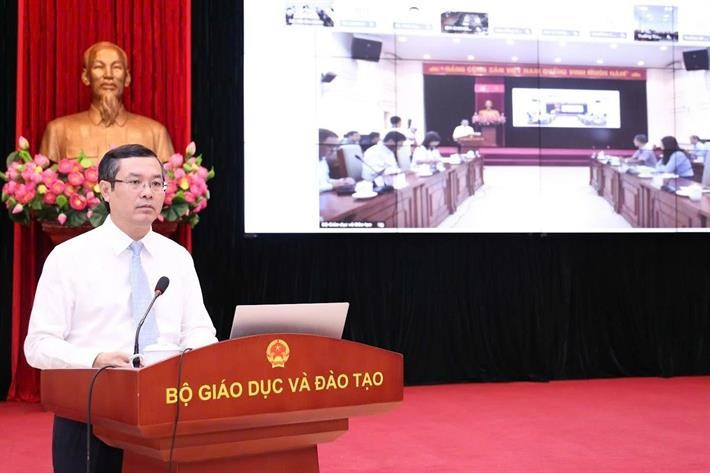
Speaking at the launch of the emulation movement, Deputy Minister of Education and Training Nguyen Van Phuc shared: Digital transformation is no longer an option but has become an inevitable requirement, an irreversible trend, determining the country's competitiveness and sustainable development.
In particular, in the field of education, digital transformation opens up unprecedented opportunities to improve the quality of teaching and learning, innovate educational methods, personalize learning pathways, and expand access to knowledge for all people.
To make the emulation movement most effective, Deputy Minister Nguyen Van Phuc called on Party committees and local authorities at all levels to continue to pay attention, closely direct, and create all favorable conditions in terms of mechanisms, policies, and resources so that the movements can be deployed widely and effectively.
Departments of Education and Training and educational institutions proactively develop specific action plans and programs suitable to the practical conditions of the unit and locality, promoting the spirit of innovation, creativity, daring to think, daring to do, and daring to take responsibility.
Each staff and teacher is a pioneer in learning and applying digital technology to work and teaching; at the same time, they are active in spreading digital knowledge and skills to the community.
Each student proactively learns and practices digital skills, becomes a model, responsible digital citizen; actively participates in volunteer activities, and guides relatives and the community about digital skills.
To make the emulation movement most effective, Deputy Minister Nguyen Van Phuc called on Party committees and local authorities at all levels to continue to pay attention, closely direct, and create all favorable conditions in terms of mechanisms, policies, and resources so that the movements can be deployed widely and effectively.
The Ministry of Education and Training recommends that localities and schools proactively organize, deploy, respond to and spread the emulation movements "The whole country competes in innovation and digital transformation", "Popular digital education" to every school, every teacher, every learner, every staff member in the industry.
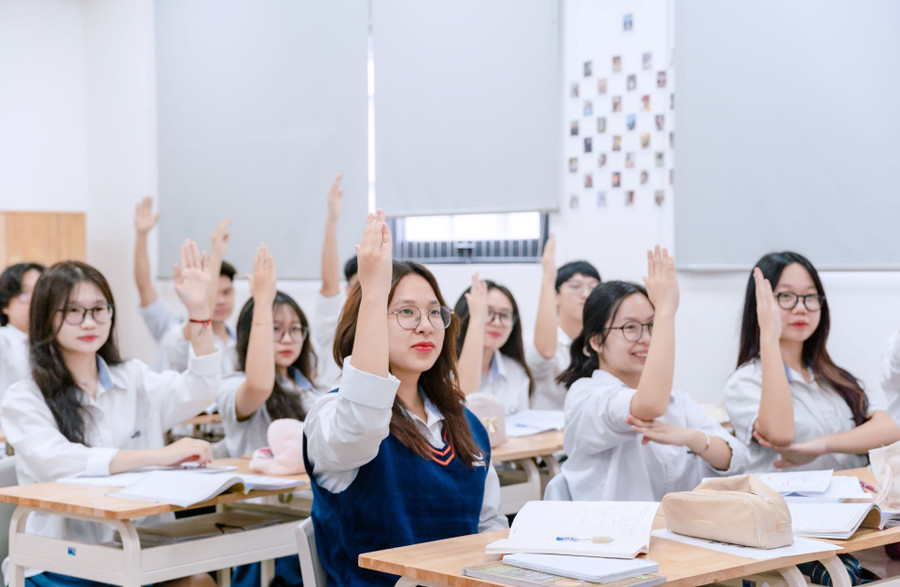
Issuing guidelines for implementing general education tasks for the 2025-2026 school year
Last week, guidelines for implementing general education tasks for the 2025-2026 school year were issued by the Ministry of Education and Training.
In the guidelines, the Ministry of Education and Training sets out five key tasks of general education as follows:
Firstly, continue to effectively organize the implementation of the General Education Program; implement 2-session teaching/day for primary education and at junior high schools and high schools that meet the prescribed conditions.
Second, strengthen conditions to ensure education quality, develop school networks, build schools that meet national standards, invest in building boarding schools (according to the new model) in border communes; arrange a reasonable team of teachers; have appropriate and timely solutions to support local authorities at the commune level to effectively implement state management of education in the context of merging administrative boundaries and implementing two-level local government.
Third, innovate teaching and testing methods, and evaluate students in the direction of developing their qualities and abilities, creating opportunities and conditions for students to develop comprehensively; promote STEM/STEAM education, digital skills, artificial intelligence (AI), career education and student streaming after junior high school and high school; improve the quality of English teaching and learning, gradually making English the second language in schools.
Fourth, strengthen and improve the quality of universal education, ensure equity in access to education; effectively implement ethnic education and inclusive education for students with disabilities.
Fifth, promote digital transformation and innovation in school governance; strengthen inspection and supervision according to authority; focus on advising local Party committees to include education in general and general education in particular in the action program to implement the Resolution of Congresses at all levels with specific tasks and targets suitable to the conditions of each locality.
At the 2025 International Olympiad on Artificial Intelligence (IOAI), the Vietnamese national team achieved excellent results in both individual and team events. In the individual competition, 100% of the participating Vietnamese students won prizes, including: 3 Gold Medals, 1 Silver Medal, 3 Bronze Medals and 1 Encouragement Prize. In the team competition, the Vietnamese team 2 consisting of students: Nguyen Khac Trung Kien, Hoang Cong Bao Long, Nguyen Phu Nhan and Bui Dam Quan achieved 4th place with 198.4 points - behind the teams of Poland, Russia and Hungary. With this result, the Vietnamese national team is in the group of 4 countries and territories with the highest achievements at IOAI 2025.
Source: https://giaoducthoidai.vn/nong-trong-tuan-tap-huan-quan-ly-nha-nuoc-ve-gd-huong-dan-day-hoc-2-buoingay-post743498.html



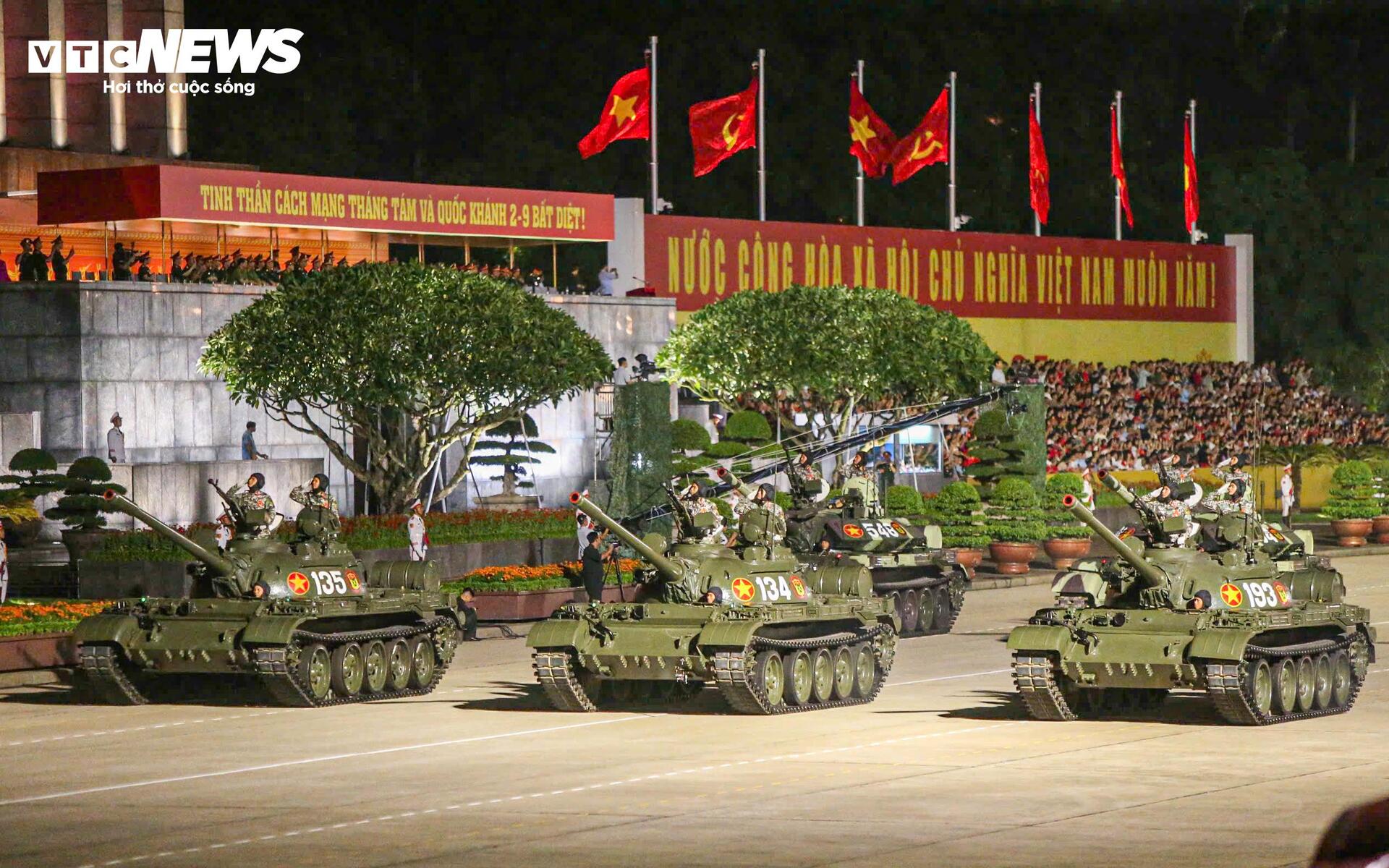
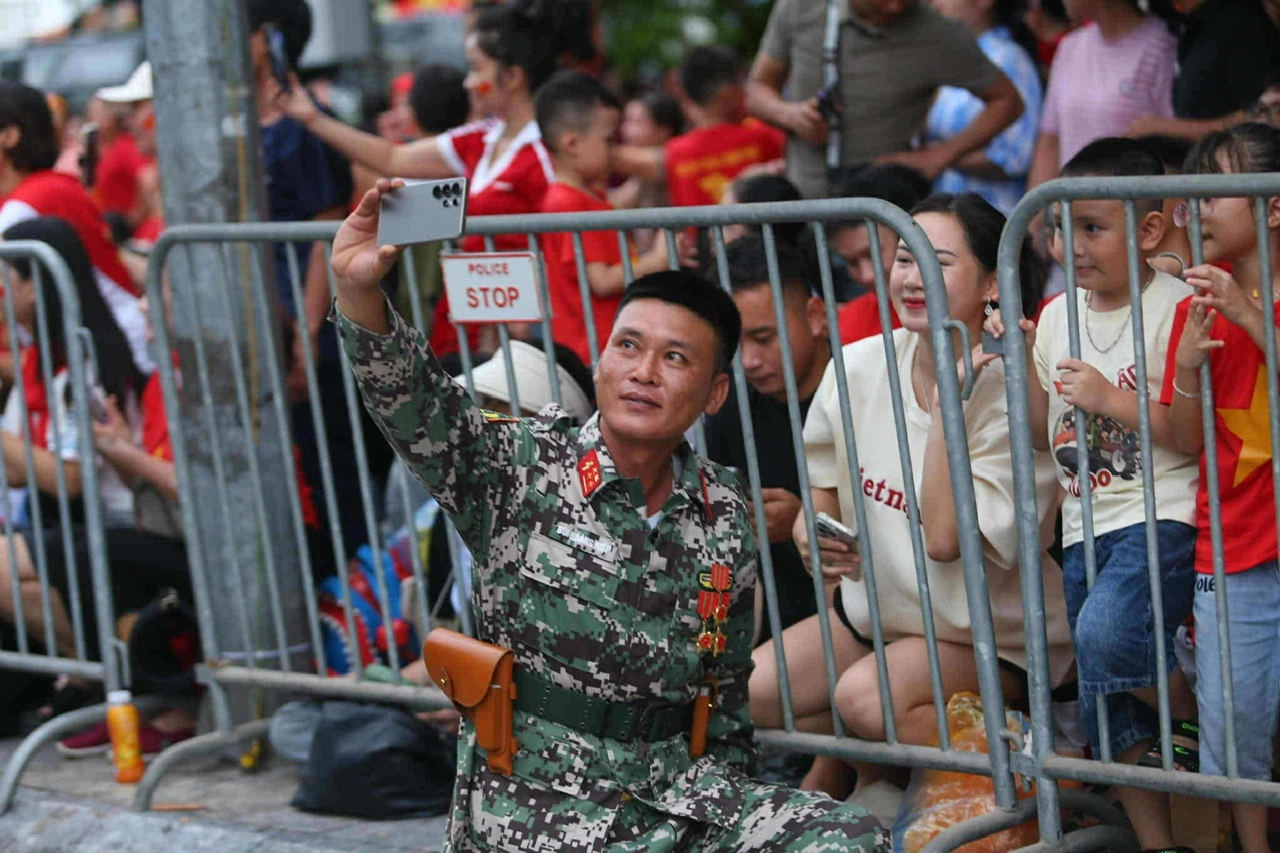
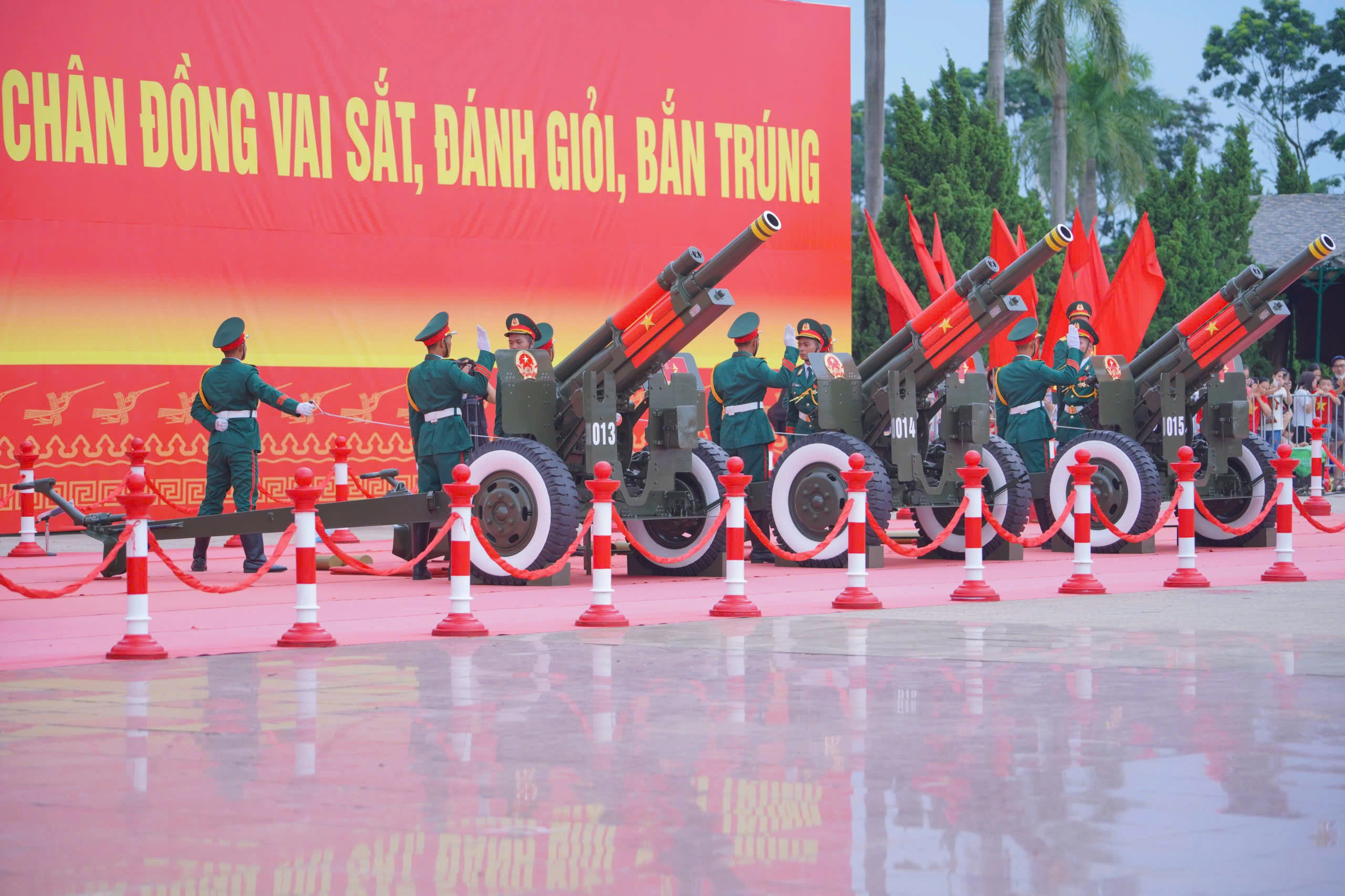
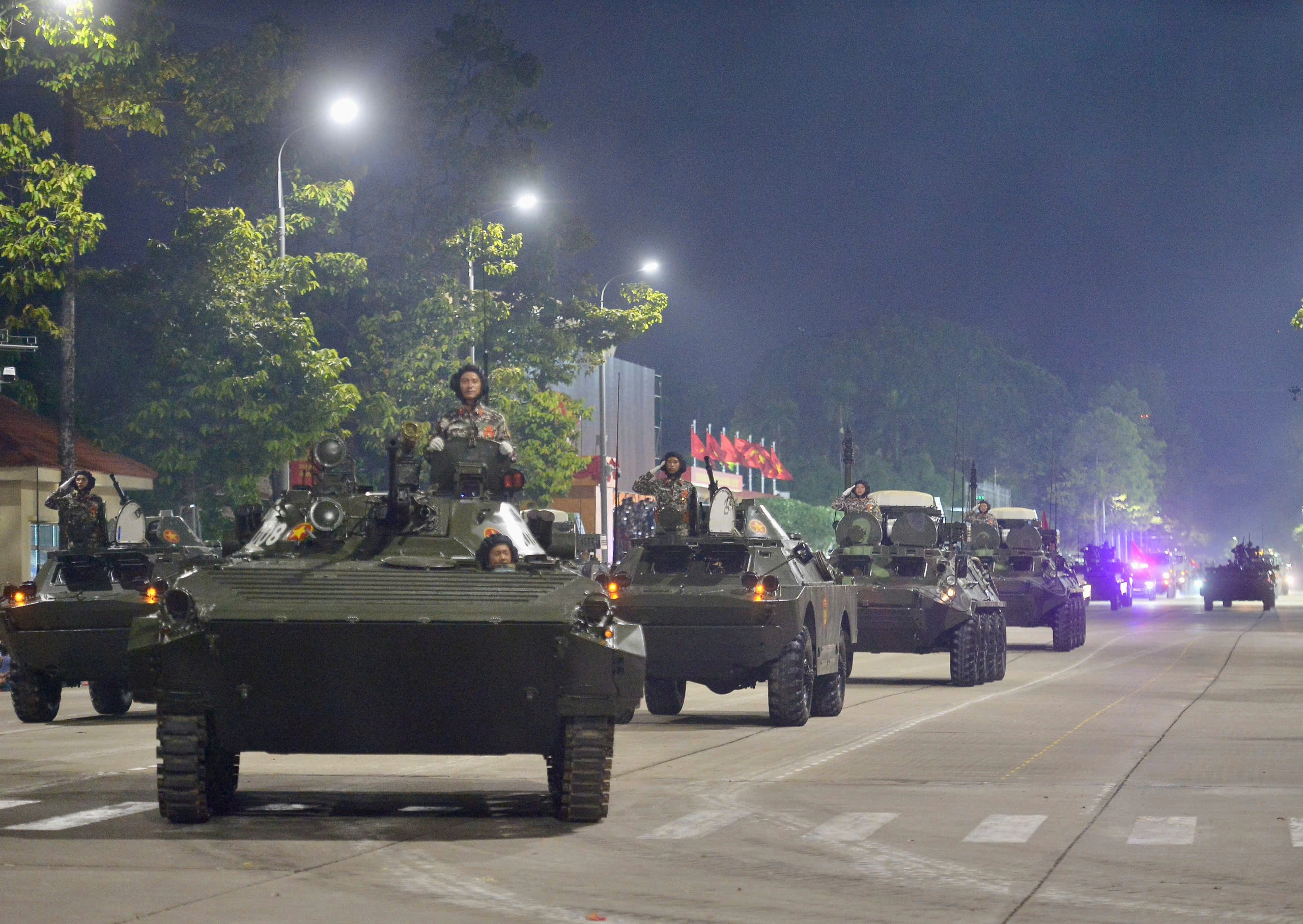




















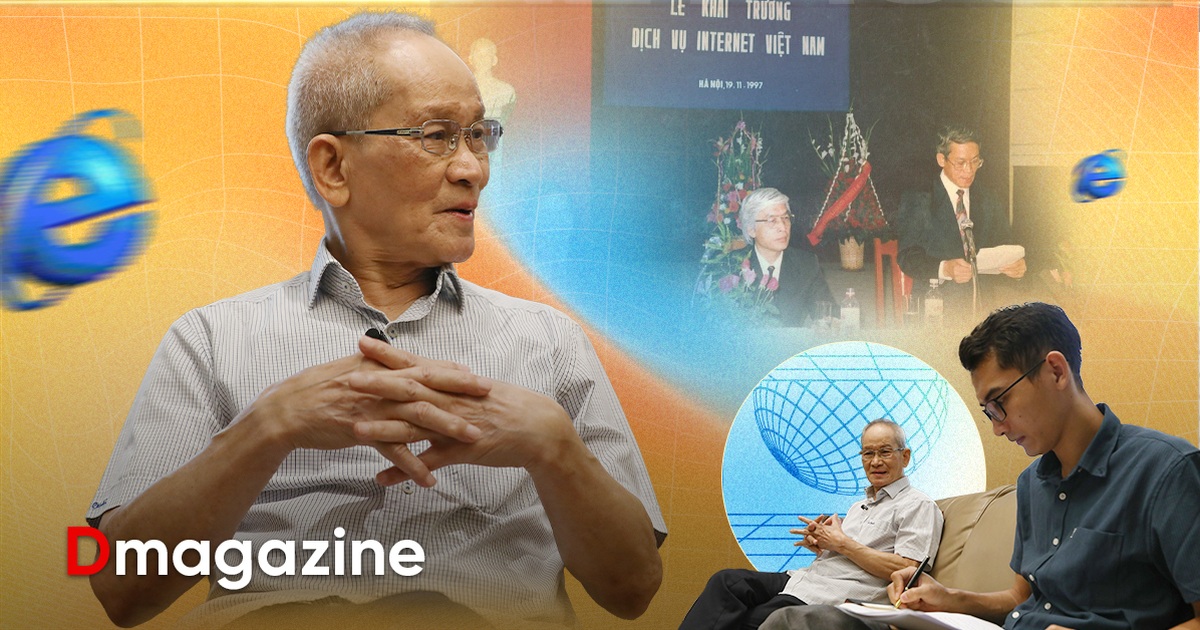



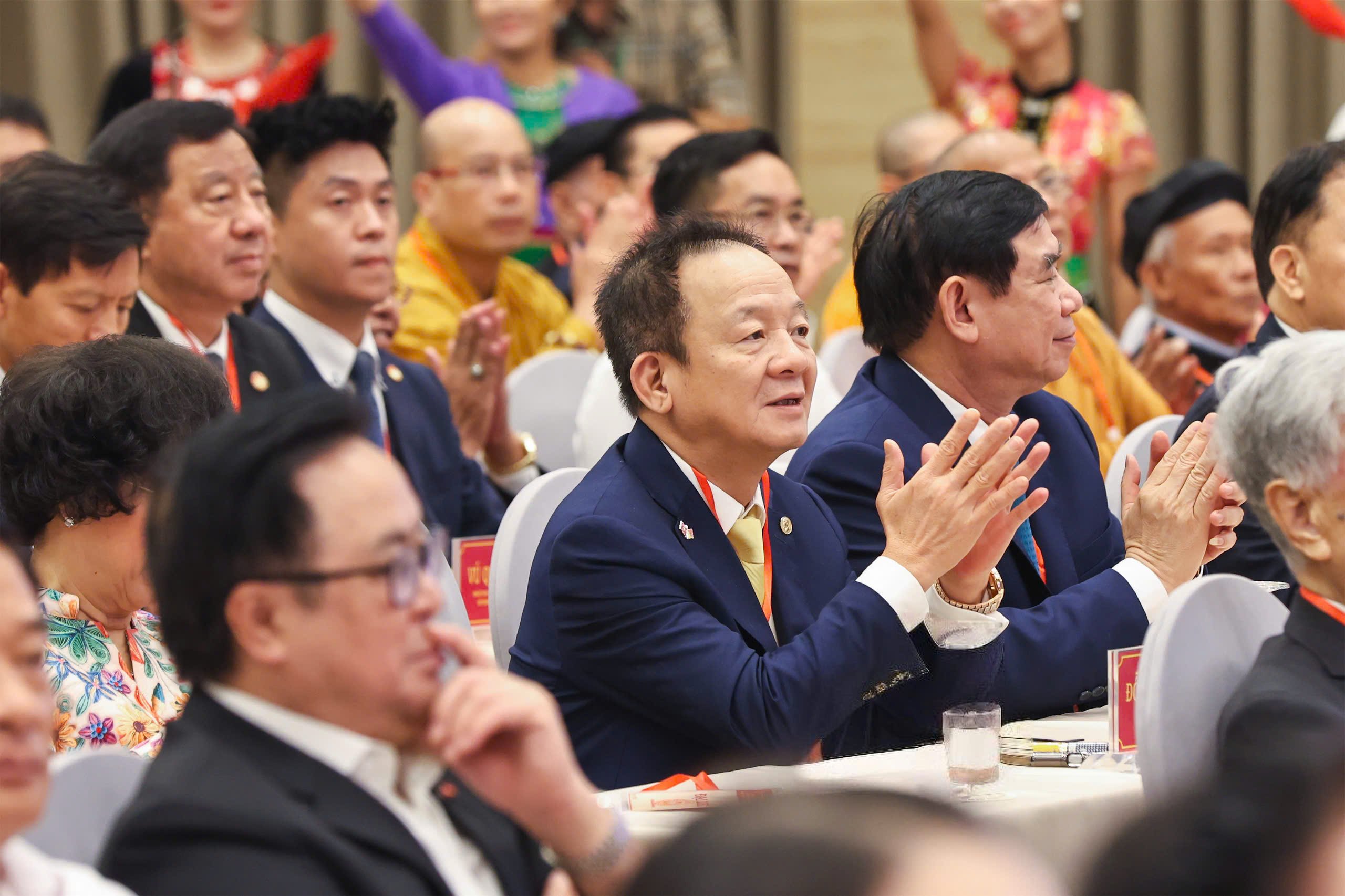












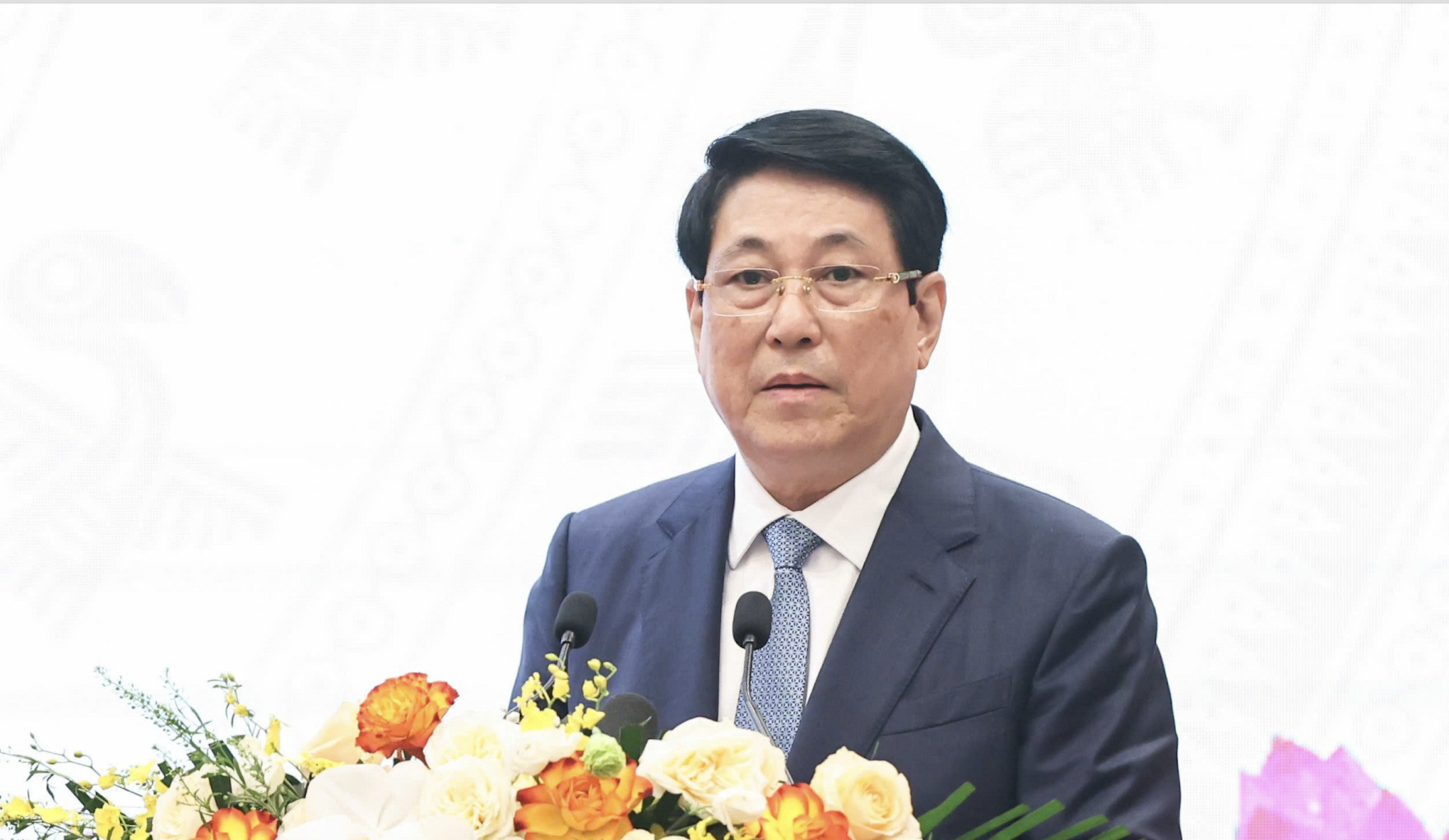








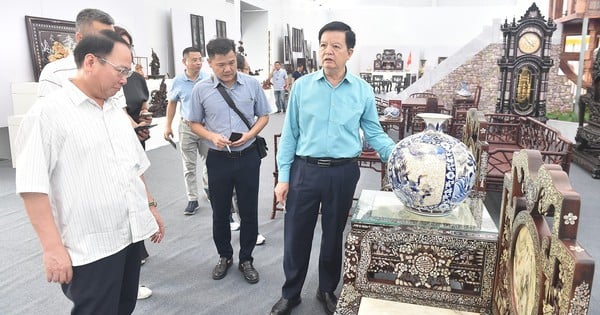










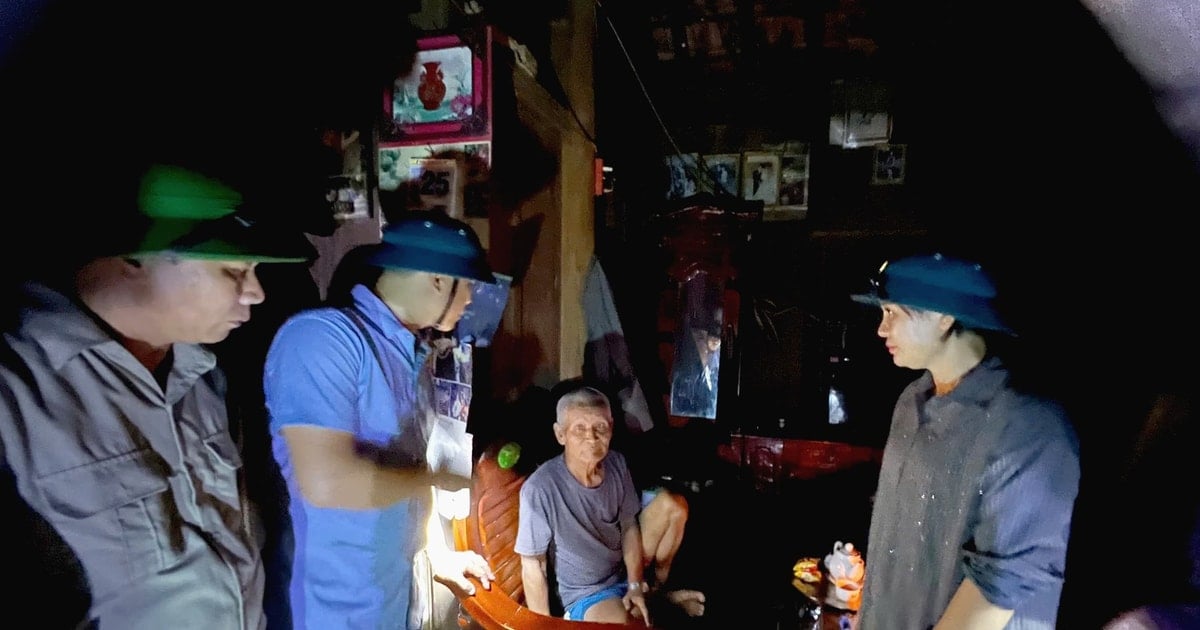



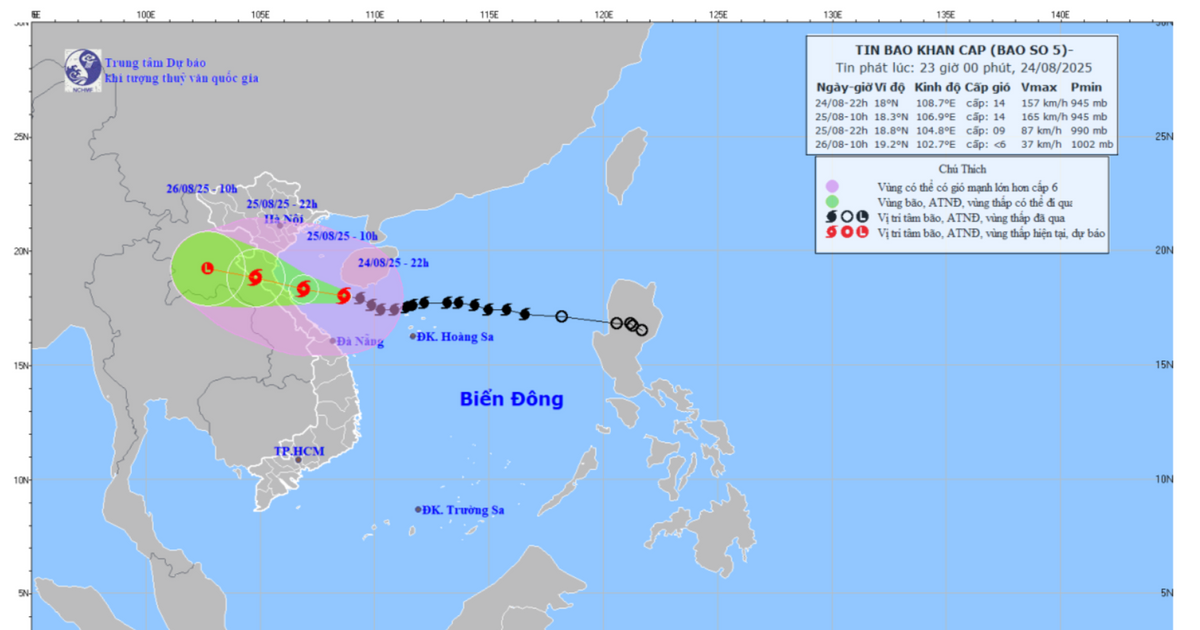
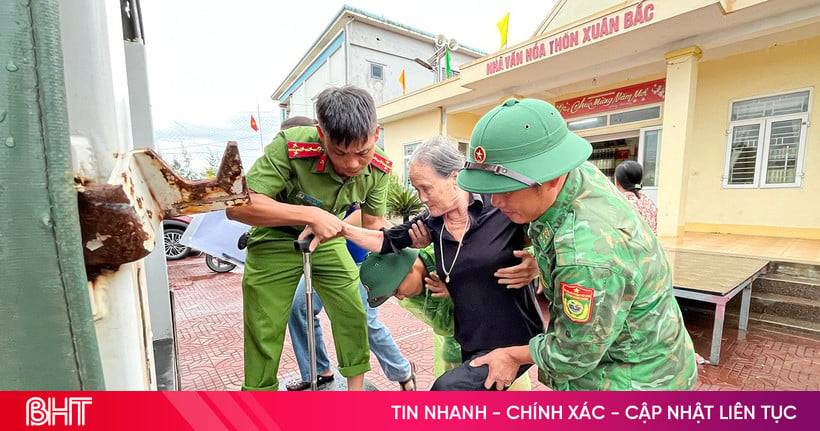


















Comment (0)